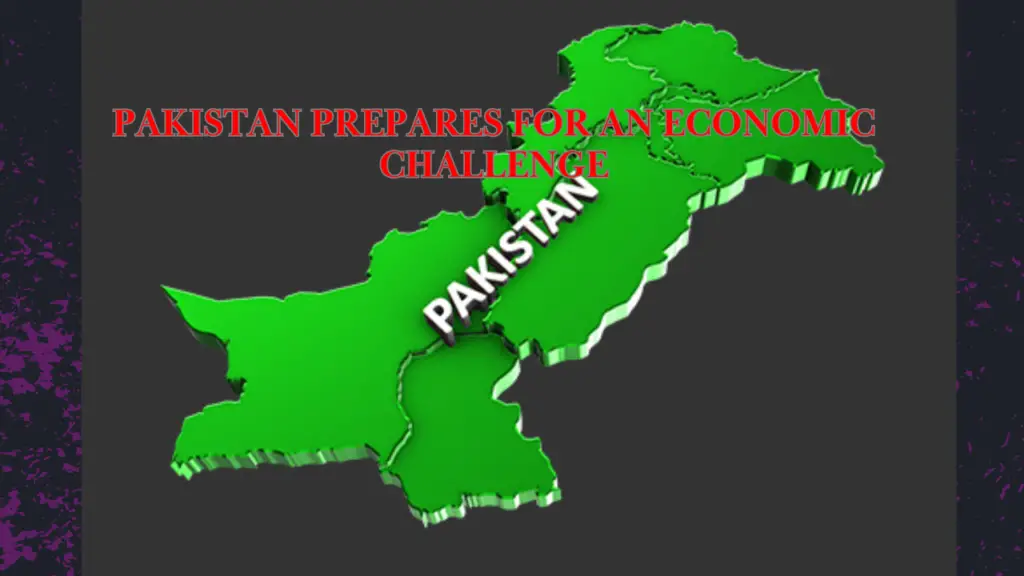Pakistan is preparing to endure a period of “transitional pain” following the approval of a new $7 billion relief package from the International Monetary Fund (IMF) aimed at supporting its struggling economy. The IMF’s approval comes at a critical time for the South Asian country, which has been facing significant economic challenges, including high levels of debt, a widening fiscal deficit, and dwindling foreign reserves.
Despite recent stabilization efforts that prevented a default last summer, Pakistan remains heavily reliant on IMF assistance and loans from allied nations to meet its debt obligations, which consume about half of the country’s annual revenue. The latest agreement with the IMF marks Pakistan’s 24th engagement with the international lender since 1958, highlighting the country’s ongoing struggle with economic reforms and fiscal discipline.
Finance Minister Muhammad Aurangzeb acknowledged the difficult journey ahead, stating on Thursday that while the country would face “transitional pain,” implementing structural reforms is essential if Pakistan aims to make this the last IMF bailout. Speaking to the local broadcaster Geo News, Aurangzeb emphasized that sustainable economic growth requires addressing the root causes of Pakistan’s financial instability, even if it means confronting temporary hardships.
The IMF has committed to an immediate disbursement of around $1 billion as part of the overall three-year loan program. In its statement, the IMF noted that the program would necessitate “sound policies and reforms” to support Pakistan’s efforts to build a stronger and more inclusive economy, capable of withstanding future shocks. The organization stressed that implementing these reforms is crucial for fostering conditions conducive to long-term, resilient growth.
As part of the deal agreed upon in July, Pakistan committed to introducing a series of reforms, some of which are likely to be unpopular among the public. These measures include reducing power subsidies and expanding the country’s notoriously narrow tax base, which has long hampered revenue generation. Historically, only a small portion of the population pays taxes, and tax collection remains inefficient, resulting in a persistent budget deficit.
Prime Minister Shehbaz Sharif, speaking at the sidelines of the United Nations General Assembly in New York, expressed gratitude to the countries that supported Pakistan during its negotiations with the IMF. He credited Saudi Arabia, China, and the United Arab Emirates (UAE) for their “tremendous support,” noting that their assistance played a crucial role in securing the deal. Sharif specifically highlighted China’s role in the final phase of negotiations, acknowledging the Chinese government’s steadfast backing, which he described as invaluable during this challenging period.
Following the announcement of the IMF package, Pakistan’s stock exchange reacted positively, briefly reaching a record high before settling down in later trading. This initial surge reflects investor optimism about the prospects of the country’s economic recovery and stability under the IMF program. However, experts caution that the path forward will be challenging, with significant reforms needed to address underlying economic vulnerabilities.
The IMF acknowledged that Pakistan has taken important steps towards restoring economic stability through consistent reforms but warned that the country’s vulnerabilities remain formidable. The IMF highlighted issues such as fiscal deficits, low foreign exchange reserves, and structural weaknesses as areas that continue to pose challenges. In light of these concerns, the international lender stressed the importance of maintaining momentum with the agreed-upon reforms to secure a more stable and resilient economic future for Pakistan.
The IMF program’s success will largely depend on the government’s ability to implement the required policy changes, including fiscal consolidation, reducing subsidies, improving tax revenue, and enhancing governance and transparency in public financial management. While these reforms may prove to be politically sensitive, they are deemed essential for Pakistan to break free from its cycle of economic instability and repeated reliance on external financial assistance.
This latest engagement with the IMF is seen as an opportunity for Pakistan to address the structural imbalances that have plagued its economy for decades. By undertaking comprehensive reforms and demonstrating a commitment to fiscal discipline, Pakistan has the chance to create a more stable economic environment that can foster growth, reduce poverty, and improve living standards for its population. Nevertheless, achieving these goals will require a concerted effort from the government, the private sector, and the broader population, who must be prepared to navigate the challenges and sacrifices that lie ahead.
In conclusion, Pakistan’s decision to engage with the IMF and implement necessary reforms marks a critical step toward addressing the country’s long-standing economic challenges. While the “transitional pain” associated with these reforms is expected to be significant, the hope is that this difficult journey will ultimately lead to a more stable, inclusive, and prosperous future for the nation. The support from allied nations and the commitment to structural reforms will be crucial in determining whether Pakistan can finally break free from its dependence on external bailouts and establish a path towards sustainable growth.

